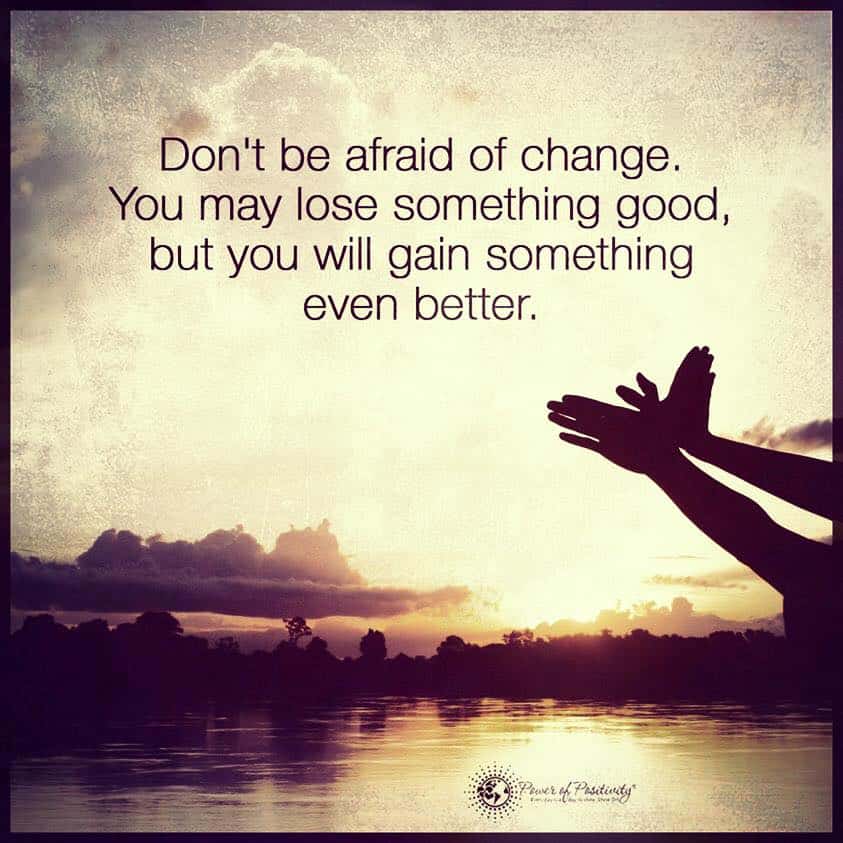Respect is about your partner and you working together to ensure that your needs are being met. In fact, a lack of that is one of the six signs that you deserve more respect in your relationship. Part of that cooperation with your partner requires excellent communication between you and your partner to voice your needs.
6 Signs You Deserve More Respect In Your Relationship (and How to Get It)
Traditional wisdom is that women want love out of a relationship, and men want respect, but it turns out that both men and women want respect. Respect is so important to our happiness that researchers at the Haas School of Business at the University of California, Berkeley, found that respect was more highly prized than money in determining happiness. Having more money didn’t make a person happy if they didn’t also have respect for their social circles.
Respect for your partner will certainly make you happier than if you don’t get the respect you deserve. You may put up with being disrespected for a while. But when you realize that you deserve to be treated equally with your mate, and if you have not been treated equally, you should work to get it with your current partner. Or, move on and find respect somewhere else. Here are six signs that you deserve more respect in your relationship.
1. Your partner doesn’t listen
Communication is a two-way street. So that means talking to express your needs and desires and listening for the unmet needs of your partner. Both of you say what you need of the other person and specific ways your partner can help you fulfill those needs. If you either can’t express your needs clearly, or your partner doesn’t give you what you need, it’s a sign that you deserve someone attentive and who will give you the respect that you deserve.

2. Your partner keeps things from you
Researchers at Texas Tech University looked at measuring levels of respect in close relationships. They found that high levels of respect correlated with the depth of expressed love, similar sexual attitudes, relationship satisfaction, commitment, and self-disclosure. Self-disclosure means the things that you tell your partner about yourself. If your partner withholds information about themselves, it erodes your trust as a couple, and withholding information is disrespectful to the bond you share.
3. Your partner is only focused on their own needs
You deserve more respect in your relationship if your partner never asks you what you need. Or if you have expressed it, they ignore what you have asked them to do to meet your needs. When one partner if focused only on their own needs, the partnership is one-sided. Therefore, the selfish partner has more power in the relationship than the other one. The partner with less power can be manipulated by the other one, and this power imbalance signifies that you deserve more respect in your relationship.
4. Your partner blames you
Things go wrong, and accidents happen. From missing an entry in the checkbook to forgetting to take out the trash, you will be responsible for at least one screw-up. In a relationship where you deserve more respect, your partner holds the slip-ups against you rather than forgiving and forgetting.
Related article: 10 Reasons Why Most Men Can’t Handle A Strong Woman
‘This wouldn’t have happened if you had/hadn’t ____,’ ‘This is all your fault,’ or ‘You’re the reason this is happening.’ If any of these phrases sound familiar, it’s a sign you deserve more respect in your relationship. Point out that although you may have flaws, your partner is also partly responsible for the problems in the relationship.
5. What your partner says hurts your feelings
A betrayal that hurts your feelings signifies that you deserve more respect in your relationship. Betrayals can be anything that crosses your personal boundaries or that intentionally hurts you. Researchers studying the relationship between betrayal trauma and romantic relationship functioning found that ‘Betrayal traumas were also negatively related to partner respect and not significantly associated with dedication and relationship adjustment. Anxious attachment and psychological well-being were significant mediators for the relationship between betrayal traumas and perceived respect.’
Related article: 6 Behaviors That End Relationships
6. Your partner shames you
Using belittling language toward you is a sure sign that you deserve more respect in your relationship. If your partner makes you feel bad for your words or actions and you’ve done nothing to harm them intentionally. Please take this as a warning sign. Being shamed, blamed, or belittled is right on the border with emotionally abusive behavior. If you feel afraid of your partner, you should trust your gut, seek a safe place immediately. Then call the national domestic violence abuse hotline at 1-800-799-7233 for resources and information on leaving an abusive relationship.











